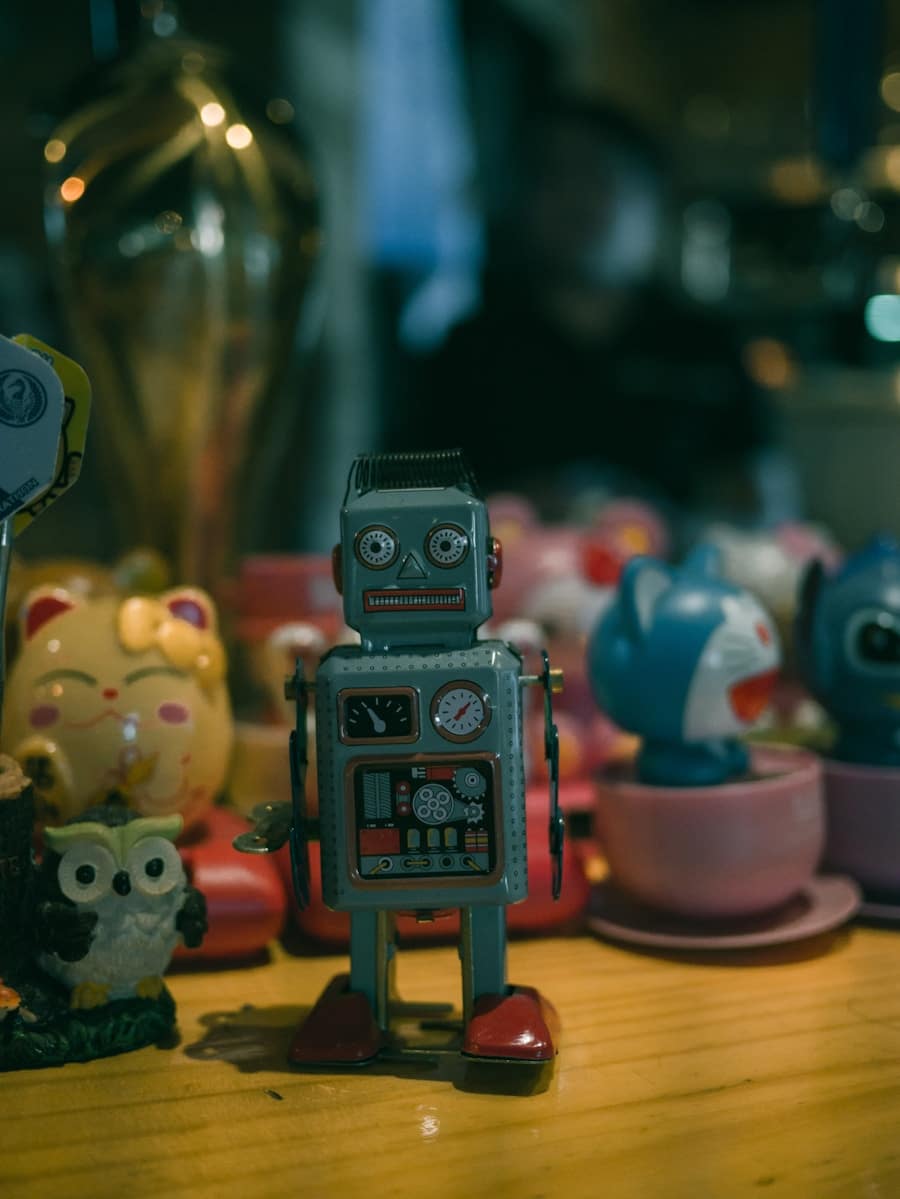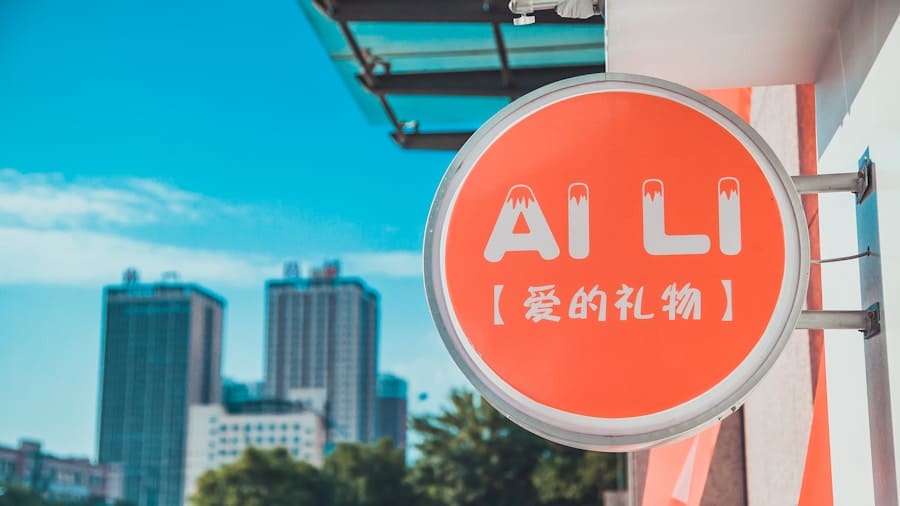In the fast-paced world of technology, the concept of work-life balance has become increasingly critical. Tech professionals often find themselves at the intersection of innovation and burnout, where the demands of their roles can overshadow personal well-being. The rapid evolution of technology, coupled with the expectation for constant connectivity, has created an environment where the lines between work and personal life are often blurred.
This phenomenon is particularly pronounced in sectors such as software development, data analysis, and IT support, where project deadlines and the need for continuous learning can lead to extended hours and increased stress. The importance of achieving a healthy work-life balance cannot be overstated. It is essential not only for individual well-being but also for fostering creativity and productivity within teams.
When tech professionals are able to manage their time effectively and maintain a sense of personal fulfillment, they are more likely to contribute positively to their organizations. As the industry continues to evolve, understanding how to leverage technology—particularly artificial intelligence (AI)—to enhance work-life balance is becoming a focal point for many professionals seeking to navigate the complexities of their careers while preserving their personal lives.
Key Takeaways
- Work-life balance is crucial for tech professionals to maintain overall well-being and productivity.
- AI has the potential to both positively and negatively impact work-life balance for tech professionals.
- AI tools can help tech professionals manage their time more effectively and increase productivity.
- AI-powered solutions can assist in managing stress and improving mental health for tech professionals.
- Remote work combined with AI technology can help tech professionals achieve a better balance between work and personal life.
Understanding AI and its Potential Impact on Work-Life Balance
Artificial intelligence has emerged as a transformative force across various industries, including technology. By automating processes and providing data-driven insights, AI has the potential to significantly impact work-life balance for tech professionals. At its core, AI encompasses a range of technologies that enable machines to perform tasks that typically require human intelligence, such as problem-solving, learning, and decision-making.
This capability can alleviate some of the burdens that tech professionals face, allowing them to focus on more strategic and creative aspects of their work. The potential impact of AI on work-life balance is multifaceted. For instance, AI can streamline workflows by automating routine tasks, thereby freeing up time for tech professionals to engage in more meaningful work or personal activities.
Additionally, AI-driven analytics can help individuals better understand their work patterns and identify areas where they may be overextending themselves. By providing insights into productivity levels and time management, AI can empower tech professionals to make informed decisions about how they allocate their time, ultimately leading to a more balanced lifestyle.
AI Tools for Time Management and Productivity

Time management is a critical component of achieving work-life balance, and AI tools are increasingly being developed to assist professionals in this area. Applications such as Trello, Asana, and Todoist have integrated AI features that help users prioritize tasks based on deadlines, project importance, and individual workload. These tools not only enhance productivity but also encourage users to set realistic goals that align with their personal and professional aspirations.
Moreover, AI-driven scheduling assistants like ai and Clara can significantly reduce the time spent on coordinating meetings and managing calendars. By automating these administrative tasks, tech professionals can reclaim valuable hours that can be redirected toward personal interests or family time. The ability to manage time effectively is crucial in preventing burnout and ensuring that individuals do not feel overwhelmed by their responsibilities.
As these tools continue to evolve, they will likely become even more sophisticated in understanding user preferences and optimizing schedules accordingly.
AI-Powered Solutions for Stress Management and Mental Health
The mental health of tech professionals is an area that has garnered increasing attention in recent years. The high-pressure environment often associated with technology roles can lead to stress, anxiety, and burnout. Fortunately, AI-powered solutions are emerging that specifically target mental health and stress management.
Applications like Woebot and Wysa utilize natural language processing to provide users with conversational agents that offer support and coping strategies based on cognitive-behavioral therapy principles. These AI-driven mental health tools can be particularly beneficial for tech professionals who may feel isolated or overwhelmed by their workloads. By providing immediate access to mental health resources and support, these applications can help individuals manage stress in real-time.
Furthermore, AI can analyze user interactions to identify patterns in mood and behavior, offering personalized recommendations for self-care practices or mindfulness exercises that can enhance overall well-being.
Remote Work and AI: Balancing Work and Personal Life
The rise of remote work has fundamentally changed the landscape of professional life for many tech workers. While remote work offers flexibility and eliminates commuting time, it also presents unique challenges in maintaining a clear boundary between work and personal life. AI technologies can play a pivotal role in helping individuals navigate this new reality by providing tools that facilitate communication, collaboration, and organization.
For instance, platforms like Slack and Microsoft Teams have integrated AI features that enhance team collaboration while allowing individuals to manage their availability effectively. These tools can help tech professionals set boundaries by enabling them to indicate when they are available for work-related communications versus personal time. Additionally, AI-driven analytics can provide insights into team dynamics and workload distribution, helping managers identify when employees may be at risk of burnout due to excessive demands.
AI’s Role in Automating Repetitive Tasks and Reducing Workload

One of the most significant advantages of AI is its ability to automate repetitive tasks that often consume valuable time for tech professionals. By leveraging machine learning algorithms and robotic process automation (RPA), organizations can streamline workflows and reduce the burden of mundane tasks such as data entry, report generation, and system monitoring. This automation not only enhances efficiency but also allows tech professionals to focus on higher-level strategic initiatives that require human creativity and problem-solving skills.
For example, in software development, AI tools like GitHub Copilot assist developers by suggesting code snippets based on context, thereby speeding up the coding process. This not only reduces the time spent on routine coding tasks but also minimizes the likelihood of errors that can arise from manual input. As a result, tech professionals can allocate more time to innovation and collaboration rather than getting bogged down by repetitive activities.
The Ethical Considerations of AI in Work-Life Balance
While the benefits of AI in enhancing work-life balance are evident, it is essential to consider the ethical implications associated with its implementation. The use of AI technologies raises questions about privacy, data security, and the potential for bias in decision-making processes.
Moreover, the reliance on AI tools can inadvertently lead to a culture where employees feel compelled to be constantly available or responsive due to the capabilities of these technologies. This phenomenon can undermine efforts to establish a healthy work-life balance if not managed thoughtfully. Organizations must prioritize transparency in how they use AI tools and ensure that employees are empowered to set boundaries around their work hours without fear of negative repercussions.
The Future of AI and Work-Life Balance for Tech Professionals
As technology continues to advance at an unprecedented pace, the future of work-life balance for tech professionals will likely be shaped significantly by artificial intelligence. The integration of AI tools into daily workflows has the potential to enhance productivity while simultaneously promoting well-being through effective time management and stress reduction strategies. However, it is crucial for organizations to approach this integration with a mindful perspective that prioritizes ethical considerations and employee autonomy.
In navigating this evolving landscape, tech professionals must remain proactive in leveraging AI solutions that align with their personal values and professional goals. By embracing these technologies thoughtfully, individuals can cultivate a work environment that not only fosters innovation but also supports a fulfilling personal life. As we look ahead, the synergy between AI advancements and work-life balance will undoubtedly play a pivotal role in shaping the future of the tech industry.
In a recent article from Hacker Noon, they cover a range of topics across the tech sector, including the role of AI in enhancing work-life balance for tech professionals. This article delves into how artificial intelligence can help streamline tasks and improve efficiency, ultimately allowing tech workers to achieve a better balance between their professional and personal lives. To learn more about the latest trends and innovations in the tech industry, check out the article here.
FAQs
What is AI?
AI, or artificial intelligence, refers to the simulation of human intelligence processes by machines, especially computer systems. These processes include learning, reasoning, and self-correction.
How does AI enhance work-life balance for tech professionals?
AI can enhance work-life balance for tech professionals by automating repetitive tasks, providing insights and recommendations, and enabling better time management. This allows tech professionals to focus on more meaningful and strategic work, leading to a more balanced and fulfilling work-life experience.
What are some examples of AI tools that can enhance work-life balance for tech professionals?
Examples of AI tools that can enhance work-life balance for tech professionals include virtual assistants for scheduling and reminders, project management tools with AI-powered insights, and communication platforms with AI-driven chatbots for handling routine inquiries.
How can AI help tech professionals manage their time more effectively?
AI can help tech professionals manage their time more effectively by analyzing their work patterns, identifying time-wasting activities, and providing suggestions for optimizing their schedules. AI can also automate certain tasks, freeing up time for tech professionals to focus on higher-value work or personal activities.
What are the potential drawbacks of relying on AI for work-life balance?
Potential drawbacks of relying on AI for work-life balance include over-reliance on technology, loss of human touch in certain aspects of work, and concerns about privacy and data security. It’s important for tech professionals to use AI tools in a balanced and mindful manner.

